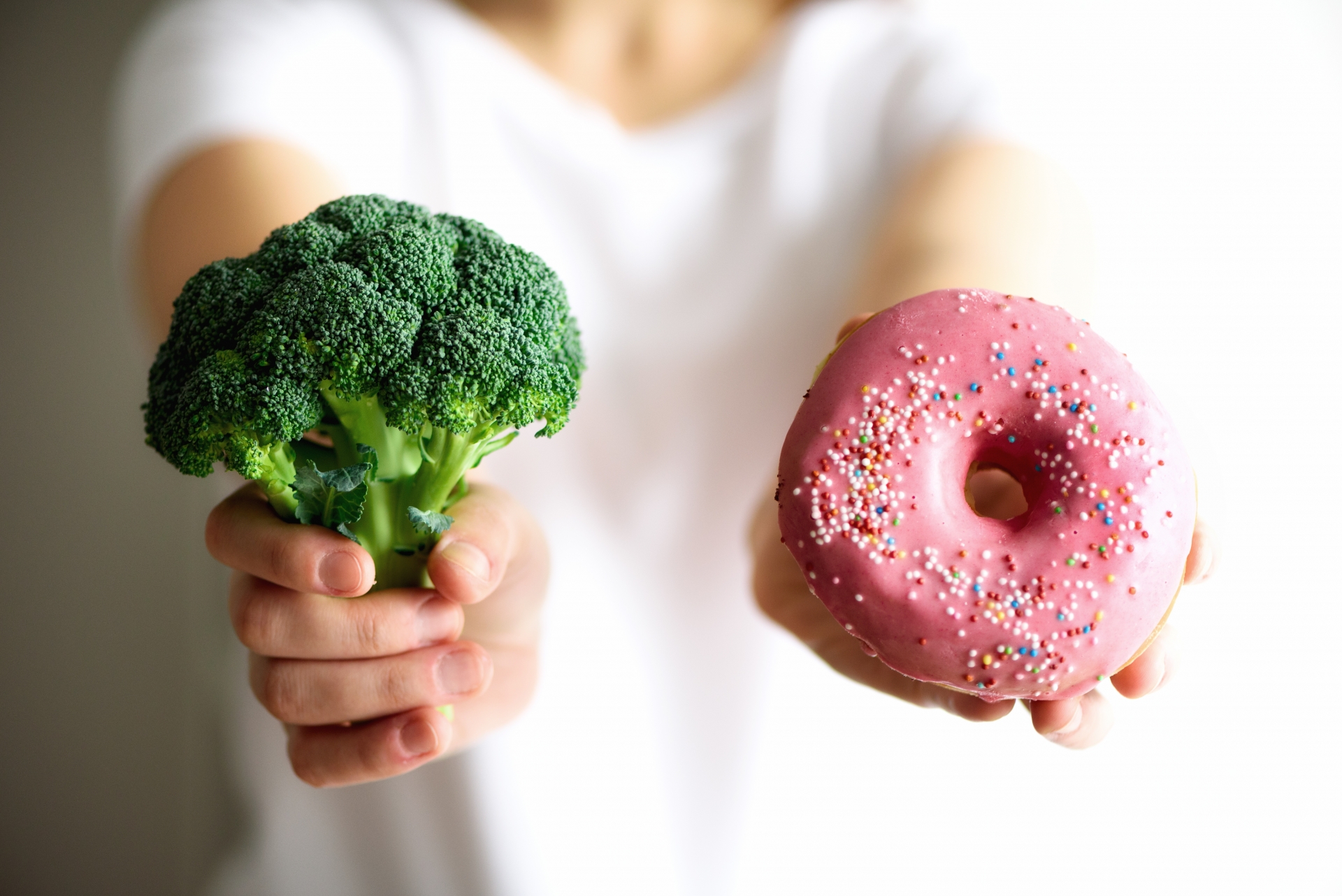Research on will power and success shows that those who are successful don’t necessarily have more will power. They tend to avoid distractions and focus on positive goals, identifying doable behaviors to achieve those and learning to enjoy doing those behaviors. To some this all comes naturally, but can this be learned by the rest of us?
What we can learn from people who are good at self-control
So who are these people who are rarely tested by temptations? They’re doing something right. Recent research suggests a few lessons we can draw from them.
• People who are better at self-control actually enjoy the activities some of us resist — like eating healthy, studying, or exercising.
So engaging in these activities isn’t a chore for them. It’s fun.
“‘Want to’ goals are more likely to be obtained than ‘have to’ goals,” Milyavskaya said in an interview last year. “Want-to goals lead to experiences of fewer temptations. It’s easier to pursue those goals. It feels more effortless.”
If you’re running because you “have to” get in shape but find running to be a miserable activity, you’re probably not going to keep it up. An activity you like is more likely to be repeated than an activity you hate.
• People who are good at self-control have learned better habits.
In 2015, psychologists Brian Galla and Angela Duckworth published a paper in the Journal of Personality and Social Psychology, finding across six studies and more than 2,000 participants that people who are good at self-control also tend to have good habits — like exercising regularly, eating healthy, sleeping well, and studying.
“People who are good at self-control … seem to be structuring their lives in a way to avoid having to make a self-control decision in the first place,” Galla tells me. And structuring your life is a skill. People who do the same activity, like running or meditating, at the same time each day have an easier time accomplishing their goals, he says — not because of their willpower, but because the routine makes it easier.
A trick to wake up more quickly in the morning is to set the alarm on the other side of the room. That’s not in-the-moment willpower at play; it’s planning.
This theory harks back to one of the classic studies on self-control: Walter Mischel’s “marshmallow test,” conducted in the 1960s and ’70s. In these tests, kids were told they could either eat one marshmallow sitting in front of them immediately or eat two later. The ability to resist the immediate gratification was found to correlate with all sorts of positive life outcomes, like SAT scores and BMIs.
More recent work has cast doubt on these findings. A recently published replication of the marshmallow test study showed that the ability to delay gratification at an early age isn’t correlated with better outcomes later in life, if you control for the kids’ family background (i.e. socioeconomic status and parenting) and intelligence.
What’s more, the kids who were best at the test weren’t necessarily intrinsically better at resisting temptation. They might have been employing a critical strategy.
“Mischel has consistently found that the crucial factor in delaying gratification is the ability to change your perception of the object or action you want to resist,” the New Yorker reported in 2014. That means kids who avoided eating the first marshmallow would find ways not to look at the candy, or imagine it as something else.
“The really good dieter wouldn’t buy a cupcake,” Kentaro Fujita, a psychologist at Ohio State University, said in 2016. “They wouldn’t have passed in front of a bakery; when they saw the cupcake, they would have figured out a way to say yuck instead of yum; they might have an automatic reaction of moving away instead of moving close.”
• Some people just experience fewer temptations.
Our dispositions are determined in part by our genetics. Some people are hungrier than others. Some people love gambling and shopping. People high in conscientiousness — a personality trait largely set by genetics — tend to be healthier and more vigilant students. When it comes to self-control, they won the genetic lottery.
Why the myth of willpower is so troubling
As anyone who has struggled with a diet knows, willpower won’t work in the long run. And failures of inhibition are too often confused for a moral failing. We blame willpower failings for weight gain, even though it’s genetics and our calorie-laden environments conspiring against out waistlines. We blame addicts for not restraining their urges, even though their addiction has a biological hold on their brain.
And overall, psychologists are shying away from the concept, as years of work suggesting that willpower is a finite, essential resource has come under intense scrutiny.
In a specific situation, sure, you can muster willpower to save yourself from falling back into a bad habit. But relying on willpower alone to accomplish goals “is almost like relying on emergency brake when you are driving your car,” Saunders says. “You should focus on things that drive you toward your goals rather than stopping things that are in your way.” What’s more, the human “emergency brake” that is willpower is bound to fail in some instances, causing you to crash.
And it’s time we all took these lessons to heart. Focusing on failures of willpower leads to shame, both public and private, and holds back our curiosity from finding and enacting solutions that actually work.
Selection from “Why willpower is overrated”
Psychologists increasingly think effortful restraint is not the key to the good life. So what is?
By Brian Resnick, Vox.com, January 2, 2020


Leave A Comment